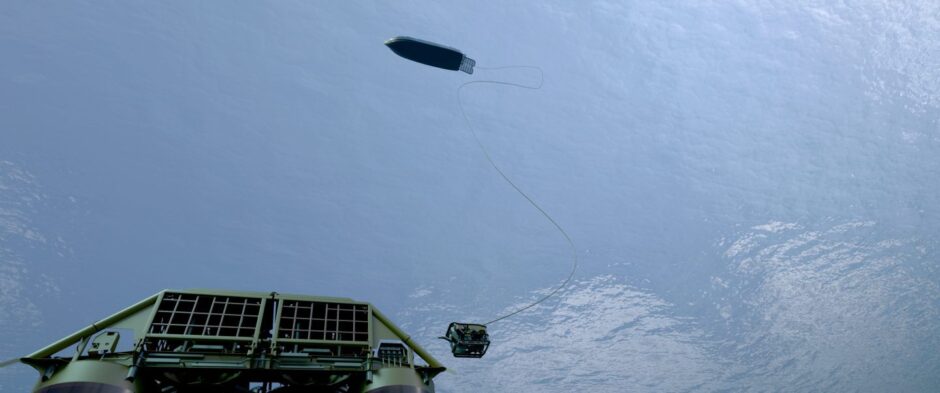
Aberdeen-based ocean services provider DeepOcean and Norwegian oil firm Aker BP will pioneer the use of an unmanned surface vessel (USV) for subsea inspection, maintenance and repair (IMR) and survey work.
DeepOcean said its is planning for the first USV to be ready for offshore operations from 2025.
The USV will then go on an eight-year charter agreement with DeepOcean from specialist provider USV AS.
Aker BP and DeepOcean already cooperate under a frame agreement for subsea IMR and survey work, and Aker BP has contributed to the development of the USV.
DeepOcean said the two companies share a long-term ambition to move 30 percent of IMR work from traditional vessels to USVs.
Aker BP vice president subsea Torbjørg Opedal said after many years of collaboration with DeepOcean on the development of remotely controlled subsea operations, unmanned operations were the natural next step.
“Our technology strategy is rooted in a desire to reduce both emissions and costs”, Mr Opedal
The companies said it is estimated the USV solution can reduce CO2 emissions by more than 90 percent compared to a conventional offshore vessel when conducting subsea IMR operations.
Remotely controlled
DeepOcean said the USV will be 24 metres long and 7.5 metres wide and will be remotely controlled from shore, but will have many autonomous features to ensure safety and integrity of the spread.
Able to operate in severe weather conditions, during operations both the USV vessel crew and ROV operators will be co-located in the same remote operating centre.
To increase the USVs workable weather window, it will be equipped with a newly developed launch and recovery system which allows for work class ROVs to be operated from relatively small vessels, such as the USV.
The USV will be equipped with a work ROV that is capable of operating down to 1,500 metres water depth, plus a sizeable tool package to perform subsea operations.
Equipped with a hybrid diesel-electric propulsion system and a battery package, the unmanned vessel can operate offshore for up to 30 days without charging or refuelling.
DeepOcean recently used a remotely operated vehicle to complete a decommissioning project on the Dunlin Alpha platform.
Recommended for you
